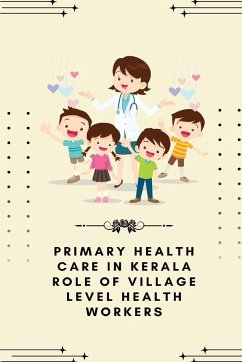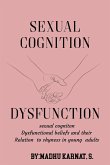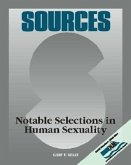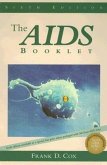From time immemorial man has been interested in trying to control diseases. The common man, the priest, the herbalist and the magician, all adopted various ways to cure man's disease and to bring relief to the sick. It has been truly said that health is not everything, but everything else is nothing without health. The explosion of knowledge during the 20th century has made medicine more complex, the treatment more costly, but the benefits of modern medicine have not yet penetrated the social periphery in many countries, creating a chasm between rural and urban areas, between the rich and poor. 1.1. Context of the study India is the second most populous country in the world and has changing socio-political, demographic and morbidity patterns that have been drawing global attention in recent years. Despite several growthoriented policies adopted by the government, the widening economic, regional and gender disparities are posing challenges for the health sector. As per 2001 census, India's total population is 1,028 million and 72 per cent of this belongs to rural community. It is estimated that more than seventy per cent of the health infrastructure and health resources are concentrated in urban areas, where only 28 per cent of the population lives.








